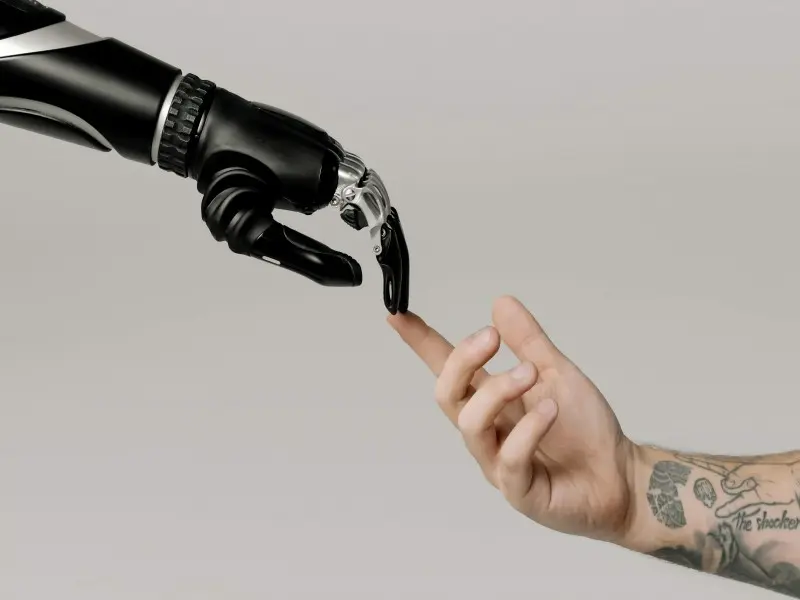- Nearly 25% of Japanese companies have adopted AI in their operations, while over 40% have no plans to do so.
- Regardless of adoption, AI remains crucial to companies’ development.
OUR TAKE
Regardless of the stance companies take on AI, the gradual replacement of some jobs by AI has become an inevitable trend. McKinsey’s report, “The Economic Potential of Generative AI,” highlights that AI benefits industries, with value growth concentrated in customer operations, marketing and sales, software engineering, and R&D. Generative AI could automate 60-70% of current jobs, impacting highly educated professionals the most. Despite declining birth rates and an ageing population, AI can boost productivity and economic development by reallocating labour and improving efficiency.
— Yasmine Luo, BTW reporter
What happened?
A Reuters survey, conducted by Nikkei Research from July 3-12, revealed that nearly a quarter of Japanese companies have adopted AI in their operations, while over 40% have no plans to use the technology.
The survey, which included responses from approximately 250 out of 506 companies, highlighted varying degrees of AI adoption in corporate Japan.
About 24% of respondents have already implemented AI, 35% are planning to do so, and 41% have no plans for adoption. Among the companies using AI, 60% aim to address labour shortages, 53% seek to reduce labour costs, and 36% want to accelerate research and development.
However, several obstacles hinder AI adoption. Concerns include employee anxiety over potential job cuts, lack of technological expertise, and substantial capital expenditure. A manager at a transportation company specifically cited “anxiety among employees over possible headcount reduction” as a major hurdle.
Also read: Elon Musk says AI will replace all our jobs
Also read: ‘Luobo Kuaipao’: Fear and excitement as China embraces robotaxis
Why it’s important
AI is expected to generate trillions of dollars in revenue for the global economy annually, equivalent to the GDP of a developed country. Regardless of how companies view AI, it will be key to gaining a competitive edge and differentiation.
In the report “The Economic Potential of Generative AI,” McKinsey examines the impact of AI on the global economy and various industries through a study of 850 occupations across 47 countries and regions. The findings include:
- AI is generally beneficial for industry development but detrimental to individuals.
- The value growth brought by generative AI is mainly concentrated in four areas: customer operations, marketing and sales, software engineering, and research and development.
- The development of generative AI and other technologies could automate 60% to 70% of current jobs.
These changes will accelerate the transformation of educators and white-collar workers, with the AI revolution having a greater impact on highly educated professionals. In the future, more people will advocate for skill-based approaches to workforce development, creating fairer and more efficient training and matching systems. Declining birth rates and an ageing population will hinder productivity growth, but AI and other technologies can offset the decline in the workforce, improve productivity, and accelerate economic development. In many major countries, the workforce has been declining annually, and AI can help reallocate labour time and promote productivity growth.

